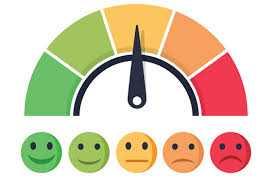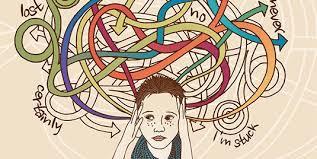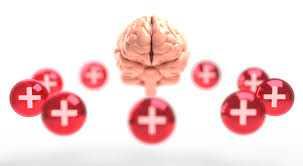What are Negative Emotions and How to Control Them?
Curated from: positivepsychology.com
Ideas, facts & insights covering these topics:
9 ideas
·41.7K reads
36
1
Explore the World's Best Ideas
Join today and uncover 100+ curated journeys from 50+ topics. Unlock access to our mobile app with extensive features.
Emotions
They are basal responses that begin in the subcortical areas of the brain responsible for producing biochemical reactions to environmental stimuli that have a direct impact on our physical state.
Coded into our DNA, emotions help us respond quickly to threats, like our ‘fight or flight’ response. Also, they can often be measured objectively through physical cues such as blood flow, heart rate, brain activity, facial expressions, and body language.
1.58K
5.94K reads
Feelings
Feelings are preceded by emotions and tend to be our reactions to them. Emotions are a more generalized experience across humans, but feelings are more subjective and influenced by our personal experiences and interpretations, thus they are harder to measure.
1.55K
5.01K reads
Negative Emotions
They can be defined as unpleasant or unhappy emotions evoked in individuals to express a negative effect towards something.
Although some are labeled negative, all emotions are normal to the human experience. And it’s important to understand when and why negative emotions might arise, and develop positive behaviors to address them.
1.52K
4.49K reads
Handling Negative Emotions
Negative emotions are uncomfortable, but they aren’t a sign of weakness or low emotional intelligence and ignoring them can increase emotional pain. Exploring and understanding their purpose, we can learn ways to respond which supports our emotional growth and sense of well-being.
Emotions are a low-level reaction so you can decide how you respond to them and not let them hijack your behavior.
1.7K
4.55K reads
Rumination
Spending too much time dwelling on negative emotions and their sources can lead to a spiral of rumination. Rumination is obsessing over negative emotional situations, which can eventually negatively affect your mental and physical wellbeing.
The problem with rumination is that it increases your brain’s stress response circuit, meaning your body gets unnecessarily flooded with the stress hormone cortisol, which is a driver for clinical depression.
1.92K
5.32K reads
Research On Rumination
- It has been linked to overeating, smoking, alcoholism, insomnia, high blood pressure, cardiovascular disease, and clinical anxiety and depression.
- Excessive rumination after a negative emotional experience leads to prolonged recovery time from the physiological impact of the experience.
- Many confuse it with problem-solving which can lead to prolonged ruminating and further implications for mental and physical wellbeing.
1.64K
4.44K reads
Benefits Of Negative Emotions
- Sadness helps you focus on details, as it alerts you to something that isn’t right and asks us to turn our attention to why this may be.
- Anger can motivate you to address problems in order to restore peace.
- Anxiety’s discomfort quickly encourages you to seek new ways of approaching problems.
- Guilt serves as a self-punishing device for perceived transgressions, thus helping you change or prevent negative behavior.
- Jealousy more often turns into “benign envy”, which motivates you to work harder.
1.88K
4.49K reads
Negative Emotions as Motivation
If we can reframe difficult or negative emotions as part of the bigger picture of overall happiness, they can instruct us that a change is needed and we need to act on the negative behavior to create the change that would lead us to further happiness.
This approach sees us embracing adversity, discomfort and negative emotions as a path to building better resilience and a deeper connection with who we want to be and how we want to show up in the world.
1.62K
3.36K reads
Process Negative Emotions
One of the best ways to deal with negative emotions, in us or in others, is through acceptance. It allows us to build better compassion for how they might present themselves and why.
Acceptance allows us to change how we might respond to negative emotions and develop behaviors that are meaningful and bring value to how we express ourselves and engage with others.
1.68K
4.12K reads
IDEAS CURATED BY
Mahesh Anand's ideas are part of this journey:
Learn more about personaldevelopment with this collection
How to create a diversified portfolio
How to analyze stocks and bonds
Understanding the basics of investing
Related collections
Similar ideas
3 ideas
Managing Control of Emotions - Thrive Global
thriveglobal.com
7 ideas
4 ideas
How to Deal With Negative Emotions and Stress
verywellmind.com
Read & Learn
20x Faster
without
deepstash
with
deepstash
with
deepstash
Personalized microlearning
—
100+ Learning Journeys
—
Access to 200,000+ ideas
—
Access to the mobile app
—
Unlimited idea saving
—
—
Unlimited history
—
—
Unlimited listening to ideas
—
—
Downloading & offline access
—
—
Supercharge your mind with one idea per day
Enter your email and spend 1 minute every day to learn something new.
I agree to receive email updates







